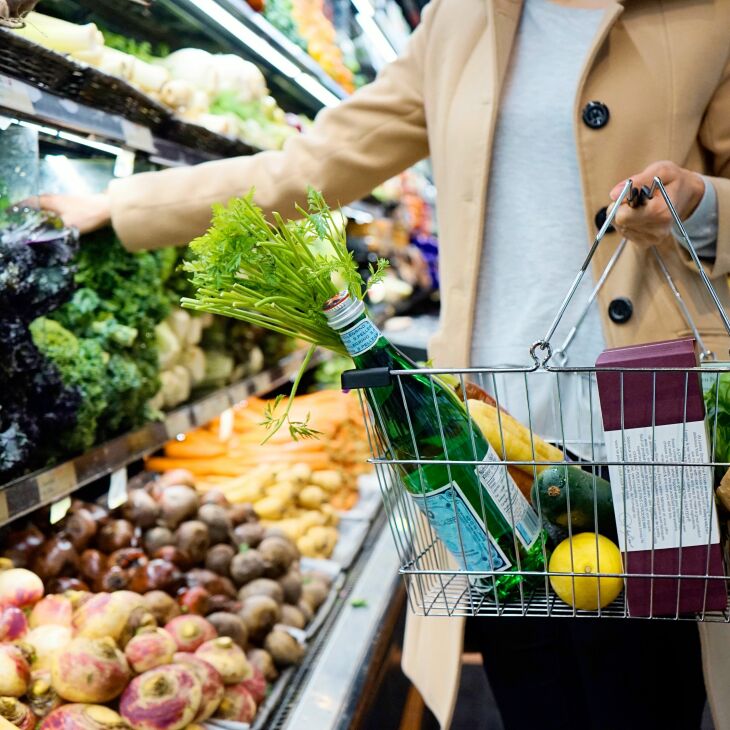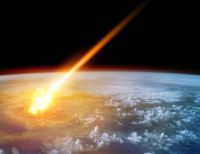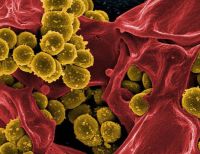One of the consequences of any war is food insecurity. This is due to the break in the food chain and the scarcity of production that affects a nation suffering invasion or one that is already being attacked by rockets and guns. Yet, Russia’s decision to attack Ukraine presents some particularities. It places both countries at the forefront of food insecurity, impacting them as well as other nations, even though the severity of insecurity depends on the capacity of each country to provide for its own people.
Although war often causes food insecurity to belligerent states, Russia is an important player in the global food chain. It is the world´s largest exporter of oil to global energy markets, and a big player in the global food chain as an exporter and importer of food, fertilisers and other food products.
This war and the sanctions imposed will therefore spread a wave of food insecurity throughout the world’s interconnected food production system.
The partnership between the West and Russia in the global food chain is not new. In 1972, despite the cold war, the former USSR and the US signed the Soviet-American Grain Agreement, marking the beginning of what is today a strong interdependence among Western economies and Russia in the food system.
More recently, in 1997, Russia and the EU signed a bilateral Partnership and Cooperation Agreement (PCA) stating the aim to develop mutually beneficial economic relations. Today, the EU is one of the major trade partners, importing wheat and gas and paying more than $80b to Russia. Scarcity of these products will result in an immediate price increase, not only of food, but of the cost of the entire food system, due to the scarcity of gas and fuel.
The whole global food system will also be affected, as the lack of chemical fertilisers imported from Russia could generate a crisis even more severe than the one in 2008.
















